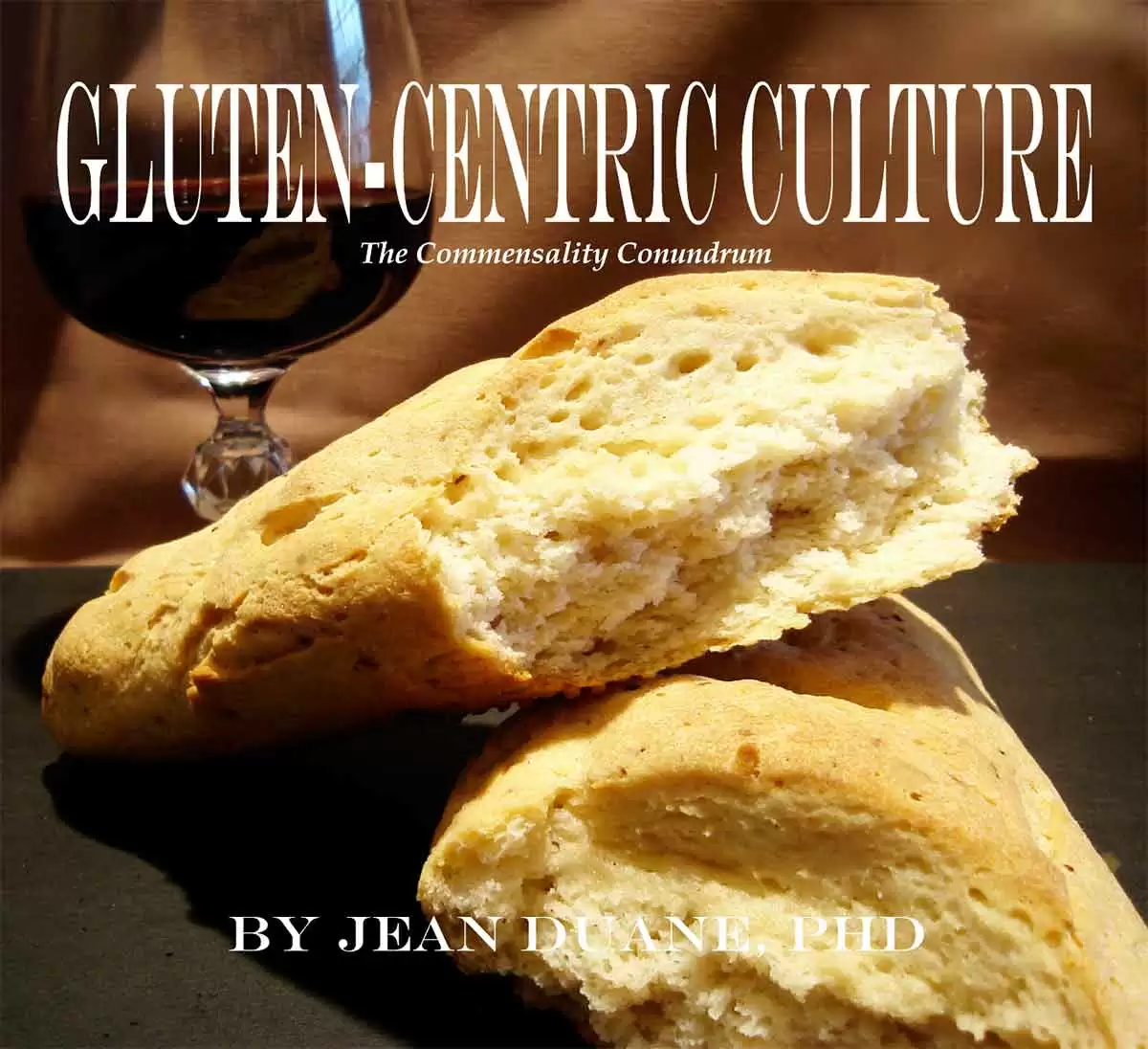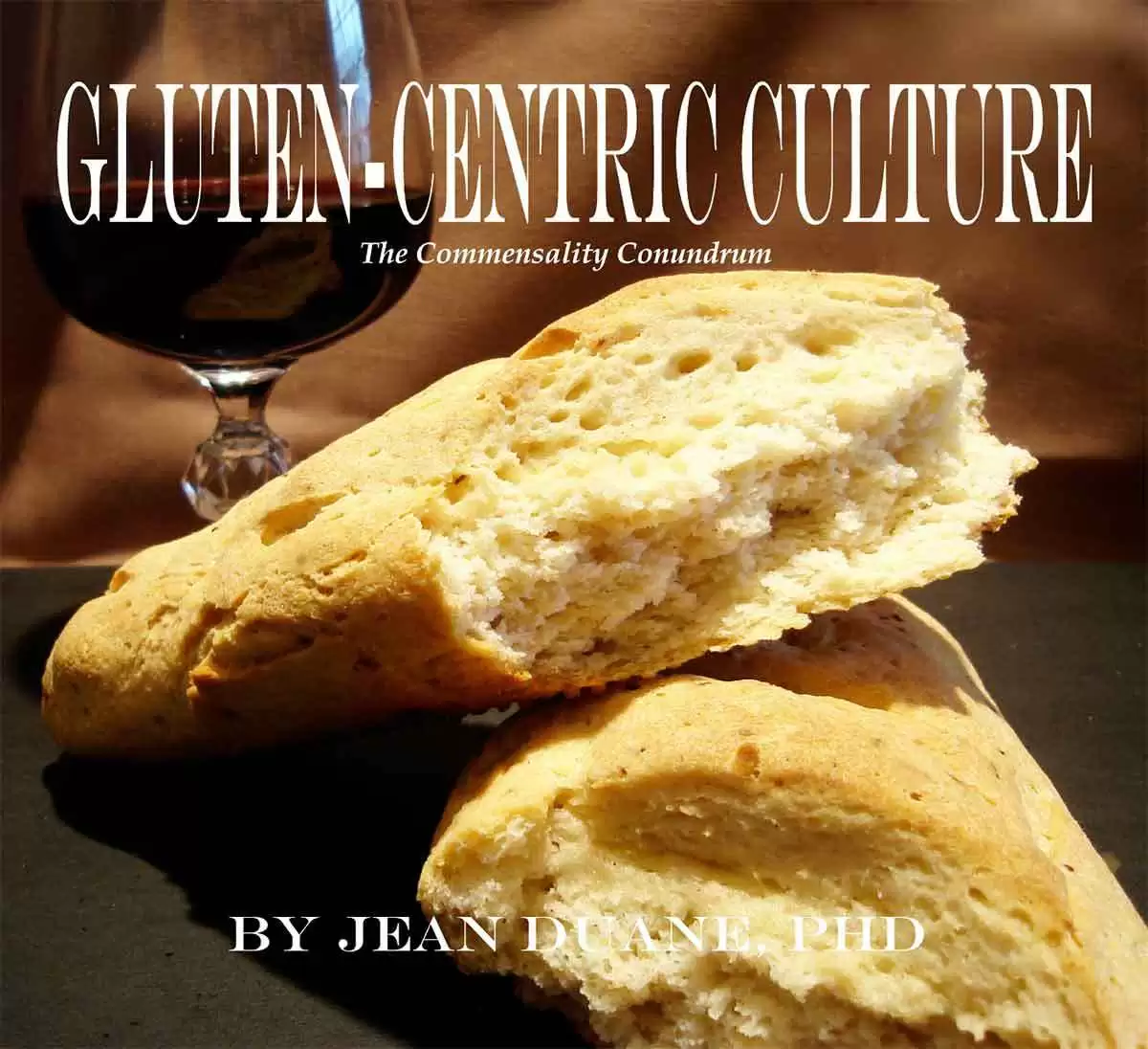
Celiac.com 10/24/2025 - Food is often at the center of our celebrations. Weddings, birthdays, and family gatherings usually involve shared meals that symbolize love and community. But for people with celiac disease or gluten sensitivity, a simple dinner plate can become a serious health risk. A recent viral story about a wedding guest who was criticized for bringing her own safe food highlights a bigger issue: how society perceives medical dietary restrictions and what it means for those living with them.
When Safe Eating Becomes Socially Questioned
The guest in the story had a medical condition that required her to avoid gluten and dairy. She let the couple know in advance, but the venue could not guarantee safe options free from cross-contamination. To avoid getting sick, she discreetly brought her own food. She ate quietly, without drawing attention, but still faced public shaming from the groom’s mother. Comments such as “embarrassing the family” and even likening her to “a homeless person” reveal the stigma many individuals with medical food restrictions face.
Understanding Celiac Disease and Gluten Sensitivity
Celiac.com Sponsor (A12):
Celiac disease is an autoimmune condition where gluten—a protein in wheat, barley, and rye—triggers the immune system to attack the small intestine. This damage interferes with nutrient absorption and can cause long-term complications such as anemia, osteoporosis, infertility, and even certain cancers. Even trace amounts of gluten can cause harm. For people with non-celiac gluten sensitivity, symptoms such as bloating, fatigue, and pain may occur without intestinal damage, but the impact on daily life can still be severe.
Dairy intolerance often accompanies celiac disease, because intestinal damage can temporarily impair the body’s ability to digest lactose. This combination means many people with celiac must avoid multiple ingredients just to stay healthy.
Why Bringing Your Own Food Is Sometimes Necessary
For those without food restrictions, it may seem strange or even impolite to bring outside food to an event. But for someone with celiac disease, a wedding buffet or catered meal can be a minefield of hidden gluten—from sauces thickened with flour to cross-contamination in a shared kitchen. Eating beforehand is not always enough; weddings are long events, and being left without safe food can turn a joyful occasion into hours of discomfort and hunger.
Bringing a small, safe meal is not a matter of preference—it is an act of self-protection. It allows individuals to participate socially without risking their health. Far from being selfish, it is a compromise that allows them to join in the celebration while managing a serious medical condition.
The Social Pressures Around Food at Celebrations
Food has deep cultural and emotional meaning. Hosts may feel that providing food is an expression of love, and guests may feel obligated to accept it to show respect. This cultural lens often clashes with medical realities. A guest who politely declines food or brings their own may be perceived as ungrateful, even if their choices are rooted in necessity. Unfortunately, this misunderstanding can lead to tension, guilt, and stigma—exactly what happened in the wedding story.
For people with celiac disease, these pressures can add a heavy emotional burden. They may feel forced to choose between their health and social acceptance, when in reality no one should have to compromise their well-being for the sake of appearances.
Lessons for Couples and Event Planners
This incident highlights the importance of thoughtful inclusion when planning events. Couples and hosts can take simple steps to make their guests feel safe and welcome:
- Communicate clearly: Ask about medical dietary needs early and take them seriously.
- Work with the venue: Some caterers can provide sealed or specially prepared plates to avoid cross-contamination.
- Show empathy: Recognize that bringing safe food is not a slight against the hosts—it is an act of survival.
Even when it isn’t possible to guarantee safe catering, couples can support their guests by encouraging them to bring their own food without fear of judgment.
What This Means for People with Celiac Disease or Gluten Sensitivity
The wedding story is just one example of a broader challenge. Living with celiac disease means constantly balancing medical needs with social expectations. It means reading every label, asking every waiter, and sometimes packing your own food to avoid pain or long-term damage. But it also means facing skepticism and misunderstanding from others who see it as “just a diet.”
The truth is that celiac disease and gluten sensitivity are not lifestyle choices—they are medical conditions. Respecting them is as important as respecting a guest with a severe allergy or someone who needs wheelchair access. When people dismiss or shame these needs, they not only harm individuals but also reinforce stigma that isolates those with chronic health conditions.
Building a More Inclusive Future
Stories like this can spark important conversations about inclusion and compassion. As awareness of celiac disease grows, society can move toward normalizing accommodations rather than questioning them. After all, the purpose of a wedding or any gathering is to celebrate togetherness. That celebration should never come at the expense of someone’s health.
For those living with celiac disease or gluten sensitivity, the lesson is clear: your health comes first, and you have every right to make choices that keep you safe. For friends, families, and communities, the takeaway is equally important: kindness, understanding, and support go a long way in ensuring that everyone feels welcome at the table—even if the food on their plate looks a little different.
Conclusion
The viral wedding incident is more than just a case of a “monster-in-law.” It is a reminder that medical dietary needs deserve respect. People with celiac disease and gluten sensitivity often live with invisible struggles, and dismissing their needs can cause real harm. By shifting from judgment to understanding, we can create celebrations—and communities—that truly honor all guests.
Read more at: nypost.com.











Recommended Comments
There are no comments to display.
Create an account or sign in to comment
You need to be a member in order to leave a comment
Create an account
Sign up for a new account in our community. It's easy!
Register a new accountSign in
Already have an account? Sign in here.
Sign In Now